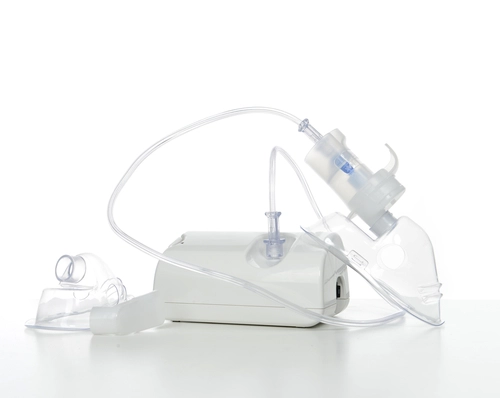Otolaryngology Coding Alert
Verify With Workers' Comp Before Using ICD-10
Question: I’ve heard that we shouldn’t use ICD-10 for workers’ compensation related claims. Is that true?
Vermont Subscriber
Answer: The answer depends on the situation, so check your state’s laws before filing workers’ comp (WC) claims. For example, you actually might need to use both ICD-9 and ICD-10 in specific cases since workers’ compensation payers do not need to make the switch.
As of Aug. 25, 2015, just 21 of the U.S. states had agreed to start using ICD-10 for their inpatient and outpatient WC claims, according to a study by the Workgroup for Electronic Data Interchange (WEDI). States such as Ohio, North Carolina, and South Dakota were prepped and ready to accept ICD-10 codes, while states like South Carolina said they would take the new diagnoses only for inpatient claims. Still other states, including Tennessee, have pending regulations for ICD-10 claims, WEDI notes.
Many of the states are at different stages of ICD-10 readiness. Although some states may not officially be “ready,” they could be working on it — or may have created an alternate solution for their workers’ comp programs.
For instance: Wyoming said it would accept both ICD- 9 and ICD-10 codes effective Oct. 1, 2015, allowing workers’ compensation providers a full year to transition to the new system, WEDI says. Hawaii, on the other hand, does not use ICD coding as part of its workers’ compensation system, and does not plan on doing so in the near future, WEDI notes.
Although HIPAA-covered entities such as Medicare, Medicaid, and most private health plans are now required to use ICD-10 codes, keep in mind that “non-covered entities” are not subject to that rule. Non-covered entities include workers’ compensation, auto, property, and casualty insurers.
Medicaid is different: Even though Medicaid is also run by the states, your Medicaid insurers were required to accept ICD-10 codes effective Oct. 1. And although CMS has stated that Medicare Administrative Contractors (MACs) will actually allow non-specified codes as long as you assign a code from the correct code family, this is for Medicare only. No other payers — not even Medicaid — have announced a grace period for assigning the right code, so make sure you get specific. This is very important for your providers to know now. More documentation detail should be the slogan in all offices in order to get the most appropriate ICD-10 code the first time out of the gate.
Resource: To review WEDI’s list of the states and their current ICD-10 readiness level, visit http://wedi.org/knowledge-center/resource-view/resources/2014/11/05/property-and-casualty-icd-10-state-readiness-resource-center .
Related Articles
Otolaryngology Coding Alert
- Office Procedures:
Keep 3 Points In Mind Before Coding Scopes With E/M
Hint: Get all your documentation straight first. Although your otolaryngologist knows what to expect from [...] - 2016 CPT® Updates:
Remember to Add New Endoscopic Codes to Your Mix in 2016
Check whether you can report these sinus implants. CPT® already includes a fair number of [...] - Modifiers:
Brush Up on When 62 Fits for Co-Surgery
Be sure to match both surgeons’ codes. Otolaryngologists sometimes perform surgeries with other specialists, such [...] - ICD-10:
Add 'Unspecified' to Your Acute Pharyngitis Descriptor
One word is the only difference between old and new. When you still reported diagnoses [...] - You Be the Coder:
Check This When Deciding Between CPAP or E/M
Question: A patient underwent a sleep study and came to our office afterwards for an [...] - Reader Question:
Dig for Injury Date if Scrubber Requires It
Question: Our claim scrubber is kicking out claims for removing foreign bodies from ears and [...] - Reader Question:
Photographs Aren't Needed to Support Stroboscopy
Question: What type of documentation is required for physician to be reimbursed for performing stroboscopy? [...] - Reader Question:
Submit 30801 With 31240 and Clear Documentation
Question: I am trying to understand the reasoning behind bundling 30801 with 31240. My scenario [...] - Reader Question:
Let Anesthesia Guide Tympanostomy Code Choice
Question: My physician placed a ventilation tube in an eardrum but did not perform a [...] - Reader Question:
Verify With Workers' Comp Before Using ICD-10
Question: I’ve heard that we shouldn’t use ICD-10 for workers’ compensation related claims. Is that [...]




